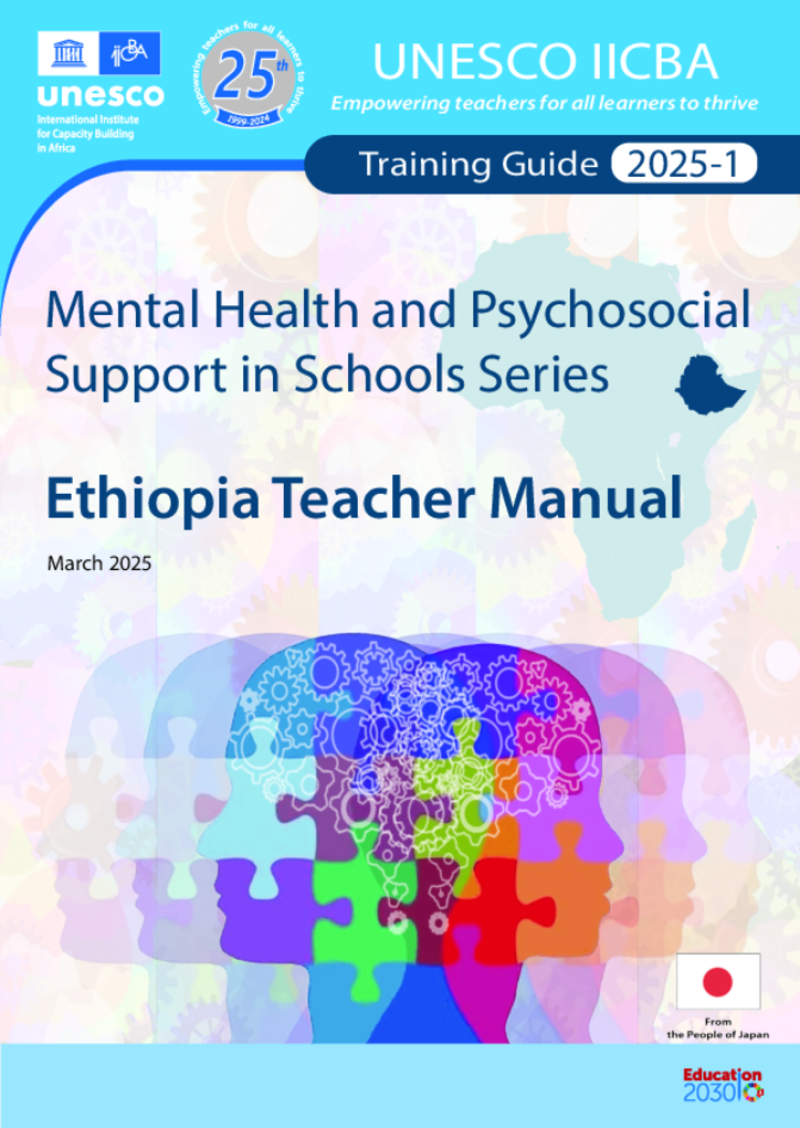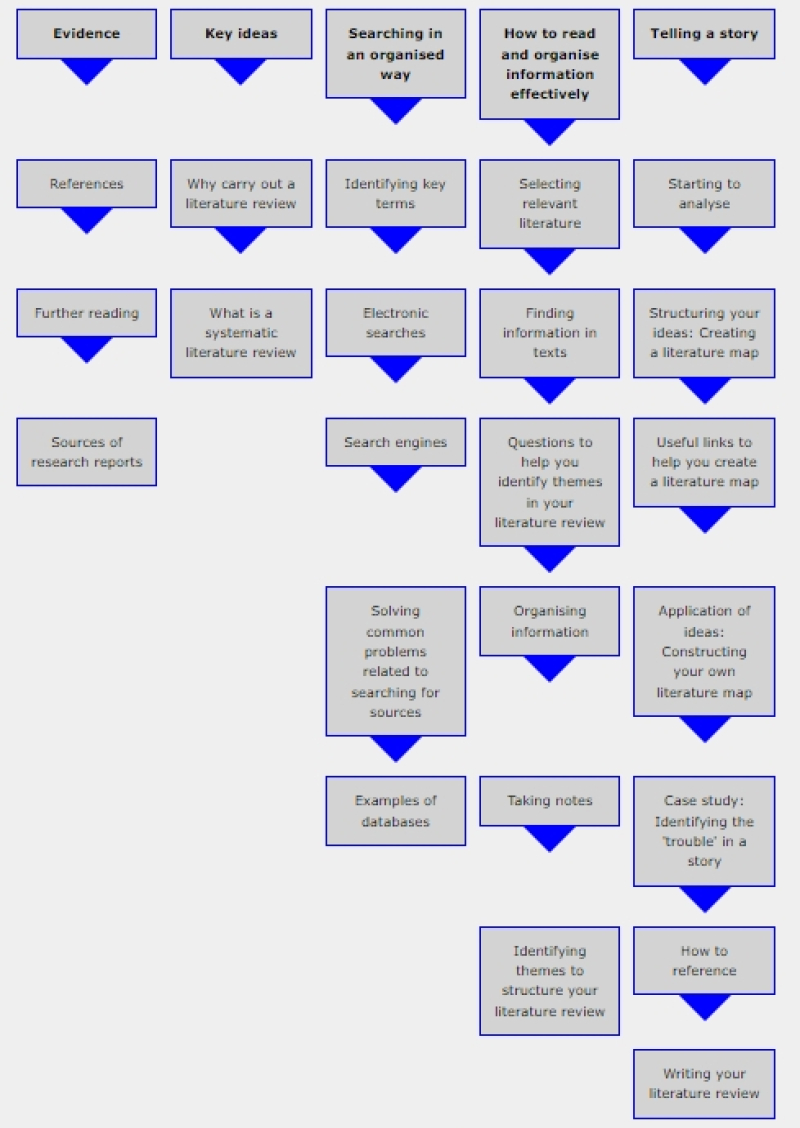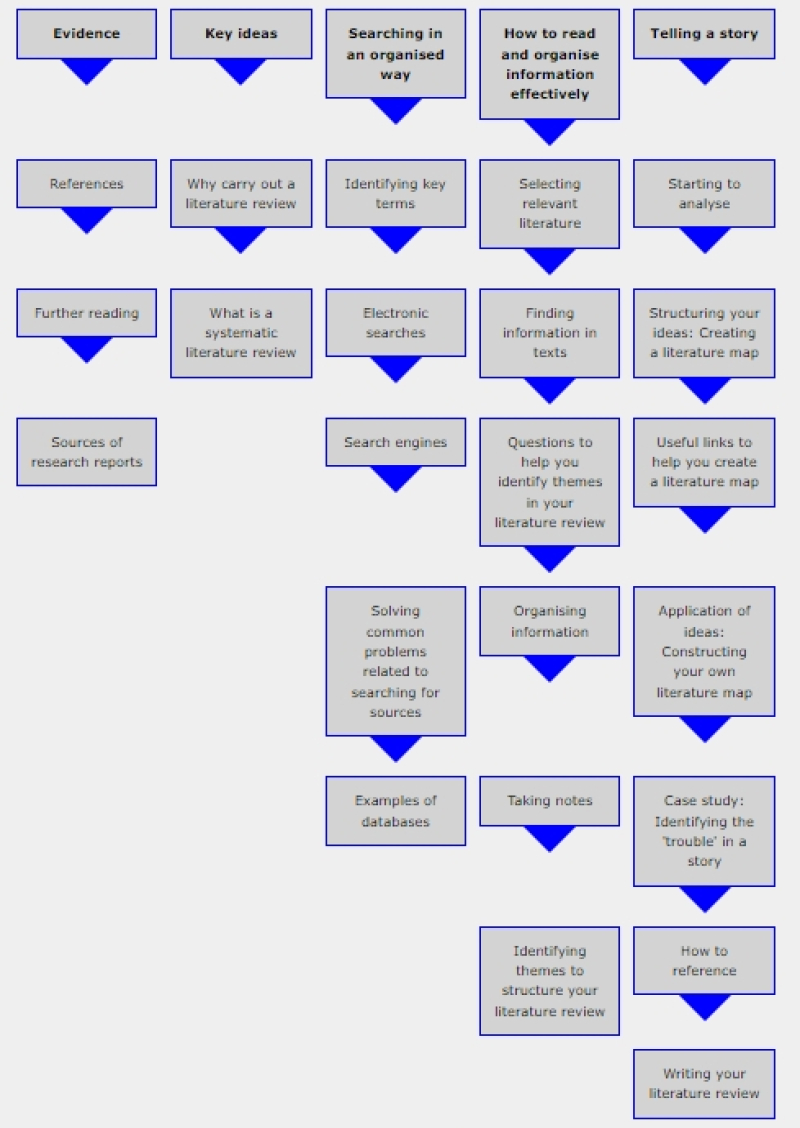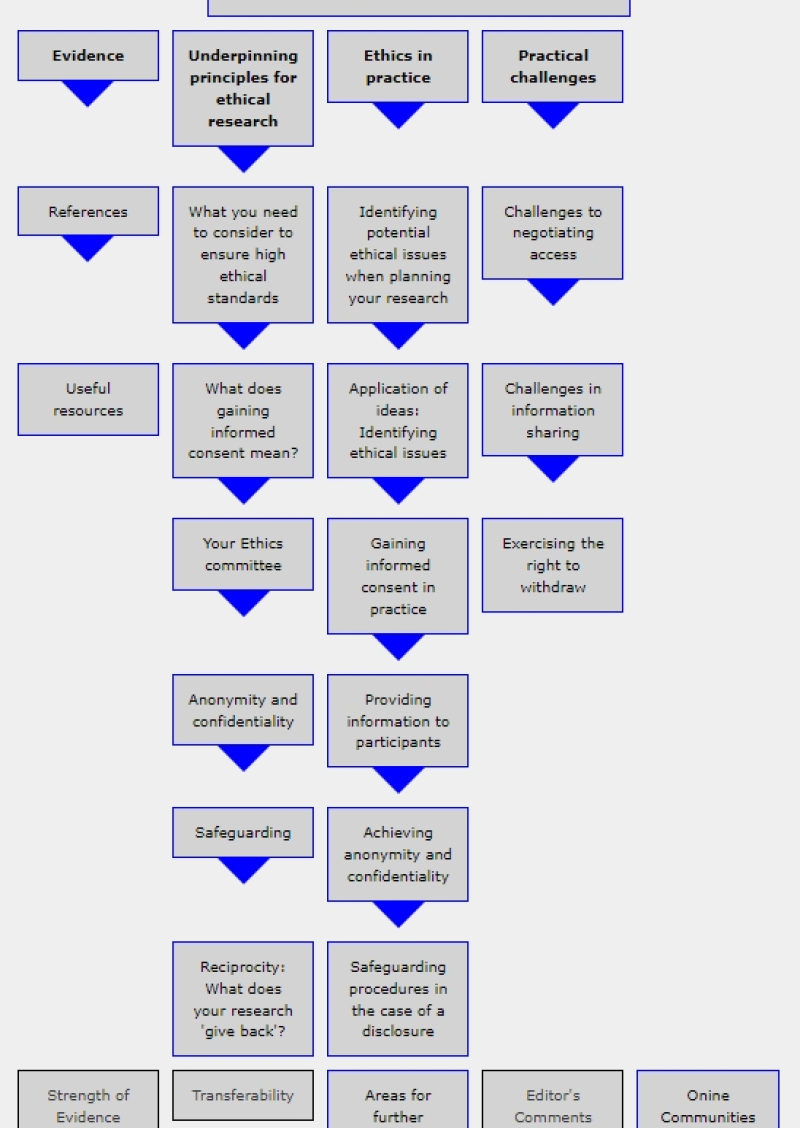Centro de Recursos para Docentes
Visualizar 1 - 5 de 5
Mental Health and Psychosocial Support in Schools Series - Ethiopia Teacher Manual
This manual equips teachers with practical knowledge and tools to support the mental health and psychosocial well-being of learners, particularly in conflict-affected regions like Afar, Amhara, and Tigray. It includes a case management toolkit and aims to create a safe, healing classroom environment. The manual raises awareness of MHPSS, provides techniques for identifying and managing mental health issues, and promotes emotional safety and resilience. By integrating MHPSS into teaching, it helps teachers foster a supportive and inclusive educational environment, enhancing professional development through trauma-informed pedagogy.
Ficha para equipos pedagógicos - Acompañar a niñas y niños en situación de emergencia
Este recurso para docentes ofrece ejemplos y materiales adicionales para apoyar a los educadores que trabajan con niños de parvulario en situaciones de emergencia. Las comunidades pueden enfrentar momentos de crisis los cuales afectan a los niños en sus contextos familiares, educativos y comunitarios. La guía ayuda a identificar estos efectos adversos y proporciona apoyo oportuno para mitigar el impacto en los niños, uno de los grupos más vulnerables en estas situaciones.
Research Methods: Developing your research design
This MESHGuide is designed to provide teachers with practical strategies to develop interesting and relevant research questions and to formulate a research design to engage in research-informed practice in their school or setting.
This MESHGuide draws on a range of key literature in the field of social science research, and it has been informed by lessons learned from the author's research. The guide aims to help teachers to:
- understand the purpose of a research design
- understand the significance of formulating a research question
- develop the initial focus of your research by exploring different potential starting points for this
- understand different ways of categorising research questions
- identify the characteristics of good research questions and apply these in practice
- develop and evaluate your own research questions
- operationalize your research aim so that you can develop appropriate research tools to answer your research questions by developing question-method connections in your own research
- improve your research data through understanding the nature of validity and reliability and exploration factors that could impact on these
Research Methods: Doing a literature review
This guide is designed to help teachers to:
- understand how to use other people’s writing to inform their own research;
- develop a strategy for carrying out a search of the literature;
- organise the themes logically;
- evaluate the research they read;
- think about the features of a reflective literature review and explore how to achieve this in practice
This MESHGuide draws on a range of key literature in the field of social science research. Also its design has been informed by lessons learned from the author's research, which has focused on the following areas:
- developing effective collaborative learning in science
- factors influencing learning through play in the early years
- student teachers’ engagement with research and its impact on their developing practice
- constructivist informed practice in science within initial teacher education
- creativity in learning and teaching.
Research Methods- Considering Ethics in your research
This MESHGuide draws on a range of key literature in the field of social science research ethics. It is designed to help teachers to:
- Understand the significance of ethical concerns in the research process
- Identify the nature of the ethical issues that may be of significance in the design and implementation of their research
- Develop their research design in a way that takes into account ethical considerations, so that their research is as ethical as possible
- Understand the complexity of the process of gaining informed consent and enable them to achieve this
- Reflect on the complexity of research ethics




